

Tao Te Ching
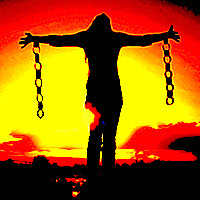
Moral Freedom
Two theories of human nature, two ethical systems of thought: with one, people are “born bad” in sin; with the other, born pure with basic goodness. The first view leads to justifications for external control, slavery, manipulation of self and others, people pretending and trying to be very different from how they are; the second leads to wu wei, journeys without goals, pluralism, peace, harmony, authentic presence, and political systems like democracy. Representing the first, we have Ragnar Redbird saying, “Might makes right” and with the second, Abraham Lincoln saying, “Right makes might.” The first gives allegiance to “The Words:” rigid, external, ethical definitions and dictums trying to describe, define, and prescribe every experience; the second only has allegiance for reality, things as they are, for awareness and the wisdom that results.
Quotes (112)
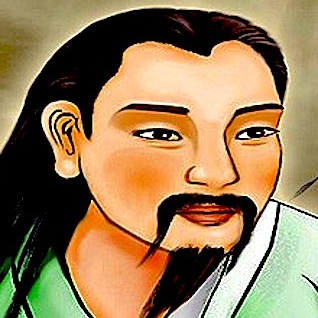
“It is true he does not fit in with his environment, inasmuch as he is too brusque and pays too little attention to form. But as he is upright in character, he meets with response...”
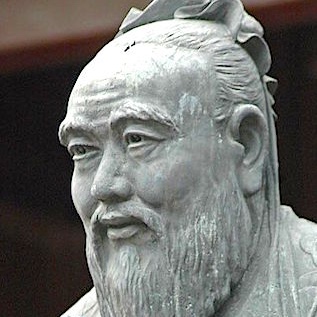
“In their dealings with the world, great people are neither for nor against anyone. They follow whatever is right.”

“Life and Death are indeed changes of great moment but they cannot affect the sage's mind which he lets wander in the moral harmony of things. He does not notice the loss of particular objects.”
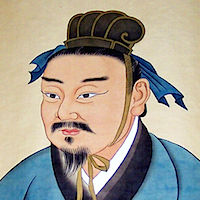
“The Tao is the way things are which you can't depart from even for one instant.”
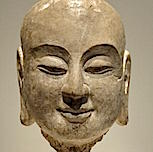
“Whoever says salvation exists is a slave because he keeps weighing each of his words and deeds at every moment. "Will I be saved or damned?' he tremblingly asks. 'Will I go to heaven or to hell?'”
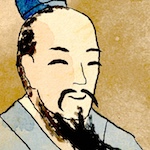
“The one who thinks he does not know is profound, the one who thinks he knows is shallow.”

“How can speech be so obscured that there should be a distinction of right and wrong? Can we, or can we not, distinguish it from the chirping of young birds?”
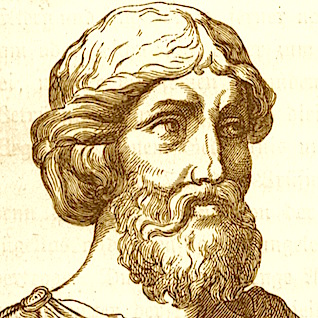
“There is no such thing as justice in the abstract; it is merely a compact between men.”
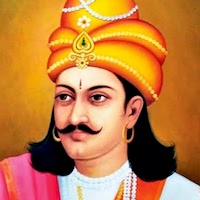
“Don’t be too honest. Straight trees are cut first and honest people are first taken advantage of.”
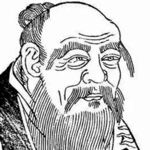
“Those who are good at walking find the Way within themselves, not somewhere outside.”
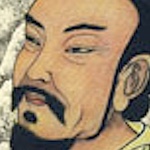
“Right and wrong are situational. In the appropriate situation, nothing is wrong. Without the appropriate situation, nothing is right.”
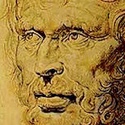
“When human life laid prostrate on the earth crushed down under the weight of religion, Epicurus found the living source of his soul and passed far beyond the flaming walls of convention finding the wonders of mind, the spirit of the immeasurable universe in turn putting under foot and trampling down on religion.”

“All religions are equally sublime to the ignorant, useful to the politician, and ridiculous to the philosopher.”

“If anyone imagines that he knows something, he does not yet know as he ought to know (Gospel of Paul - Corinthians).”

“It is impossible for a man to learn what he thinks he already knows.”
38. Fruit Over Flowers
65. Simplicity: the Hidden Power of Goodness
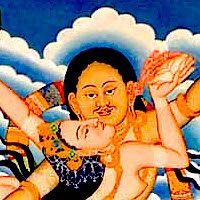
“The wise don’t reject anything - both positive and negative qualities are aids on the path. —”
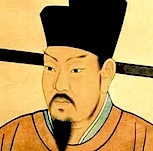
“All depends on time and occasion, nothing is eternal. Therefore sages act without effort, teach without words, 'good and bad' don't enter their minds.”
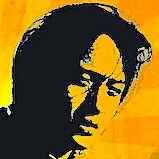
“Reject all that increases ego-clinging or inner poison, even if it appears good. Practice all that benefits others, even if it appears bad.
this is the true way of dharma.”
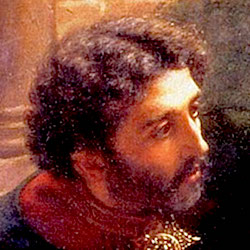
“It is the intention, not the deed wherein the merit or praise of the doer consists.”
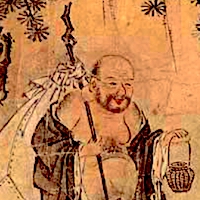
“From the beginning, truth is clear. One who is not attached to 'form' need not be 'reformed'.
”
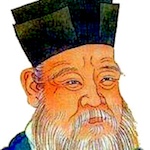 “There is no fixed shape to the preservation of perfect balance; it depends on the circumstances of the moment.”
“There is no fixed shape to the preservation of perfect balance; it depends on the circumstances of the moment.”  “Only by carefully considering each set of circumstances, and following what’s called for by those circumstances can one act in accord with the appropriate course of action.”
“Only by carefully considering each set of circumstances, and following what’s called for by those circumstances can one act in accord with the appropriate course of action.” 
“If the believer understood the meaning of the saying 'the color of the water is the color of the receptacle', he would admit the validity of all beliefs and he would recognize God in every form and every object of faith.”
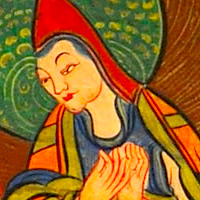
“The wise can investigate things for themselves but fools chase after whatever is popular.”
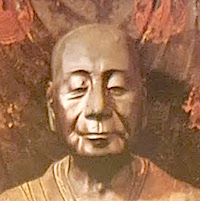
“If you become a man who realizes that the Buddha and his follower Bodhidharma are your own servants, you may leave off studying and work for humanity... If you are dependent on any of its methods, you are an ignorant insect.”

“A free mind is one which is untroubled and unfettered by anything, which has not bound its best part to any particular manner of being or devotion and which does not seek its own interest in anything.”
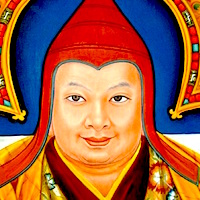
“Buddhahood is not reached through prejudicial Dharma. Like the clouds in the sky, we do not take any sides.”
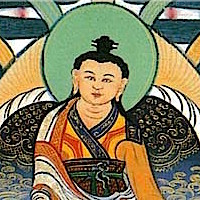
“Awareness is free timelessly awakened buddhahood. Do not confine it within the trap of the ordinary mind of reifying fixation... Those who bind themselves by holding to biases where none exist corrupt themselves, delude themselves. They are confused by the perception of an abyss where no confusion exists.”
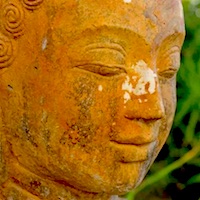
“Buddhas bear the same relation to sentient beings as water does to ice. Ice, like stone or brick, cannot flow. But when it melts it flows freely in conformity with its surroundings. So long as one remains in a state of delusion he is like ice. Upon realization he becomes as exquisitely free as water.”

“Liberty is one of the choicest gifts that heaven can bestowed upon man, and exceeds in value all the treasures for without it, life is insupportable.”

“Philosophers should diligently inquire for this is the way that reigns in men's morals, forms and subdues their minds.”

“All forms of one-sidedness are deformities of mind and lead to indulgencies of folly.”
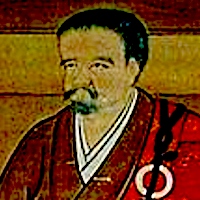
“Notions of what one should do never existed from the start. Fighting about what's right, what's wrong—that's the doing of the 'I'”
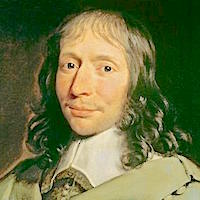
“Thought makes the whole dignity of man; therefore, endeavor to think well, that is the only morality.”
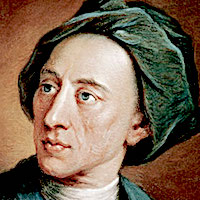
“For modes of faith, let graceless zealots fight;
He can’t be wrong whose life is in the right.”

“What has the vain science of words to do with the morality which should guide your actions?”
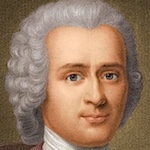 “I have never thought, for my part, that man's freedom consists in his being able to do whatever he wills, but that he should not, by any human power, be forced to do what is against his will. ”
“I have never thought, for my part, that man's freedom consists in his being able to do whatever he wills, but that he should not, by any human power, be forced to do what is against his will. ” 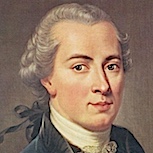
“Morality is not the doctrine of how we may make ourselves happy but how we may make ourselves worthy of happiness.”
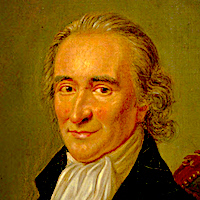
“I do not believe in the creed professed by the Jewish church, by the Roman church, by the Greek church, by the Turkish church, by the Protestant church, nor by any church that I know of. My own mind is my own church. All national institutions of churches, whether Jewish, Christian or Turkish, appear to me no other than human inventions, set up to terrify and enslave mankind, and monopolize power and profit.”
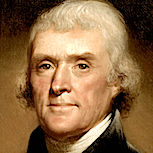
“That a change in the relations in which a man is placed should change his ideas of moral right or wrong, is neither new, nor peculiar... Homer tells us it was so 2600 years ago.”
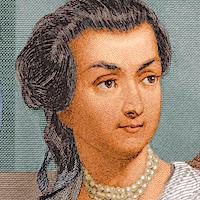
“When will Mankind be convinced that true Religion is from the Heart, between Man and his creator, and not the imposition of Man or creeds and tests?”
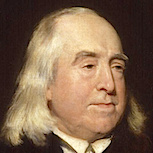
“He who thinks and thinks for himself, will always have a claim to thanks… If it is right, it will serve as a guide to direct; if wrong, as a beacon to warn.”

“In every cry of every Man,
In every Infant's cry of fear,
In every voice, in every ban,
The mind-forged manacles I hear.”
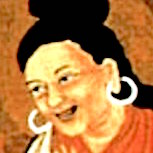
“No matter what arises, do not fixate on it! This is the ultimate and essential practice.”
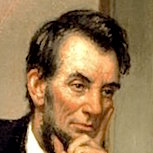
“Let us have faith that right makes might, and in that faith, let us, to the end, dare to do our duty as we understand it.”
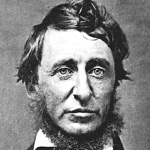
“How rarely I meet with a man who an be free, even in thought! We all live according to rule. Some men are bed-ridden; all world-ridden.”

“if I repent of anything,it is very likely to be my good behavior… Do not be too moral. You may cheat yourself out of much life so. Aim above morality. Be not simply good, be good for something.”
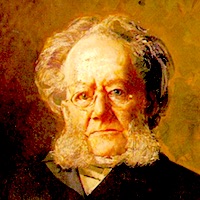
“Forget that foreign word 'ideals.' We have that good old native word: 'lies'”
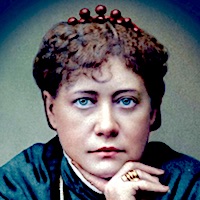
“This is the age which, although proclaimed as one of physical and moral freedom, is in truth the age of the most ferocious moral and mental slavery, the like of which was never known before.”
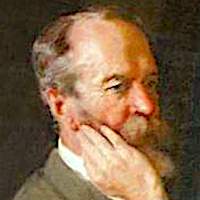
“[We] must all work to keep our precious birthright of individualism and freedom from these institutions (church, army, aristocracy, royalty). Every great institution is perforce a means of corruption.”
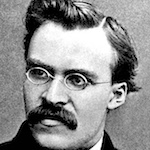
“Be careful lest in casting out the devils you cast out the best that's in you.”
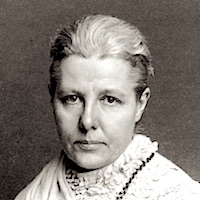
“The true basis of morality is utility; that is, the adaptation of our actions to the promotion of the general welfare and happiness; the endeavor so to rule our lives that we may serve and bless mankind.”
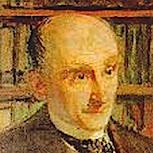
“Fortunately, some are born with spiritual immune systems that sooner or later give rejection to the illusory worldview grafted upon them from birth through social conditioning.”
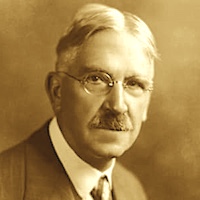
“The bad man is the man who—no matter how good he has been—begins to deteriorate, to grow less good. The good man is the one who—no matter how morally unworthy he has been—is moving to become better. Such a conception makes one severe in judging himself, and humane in judging others.”
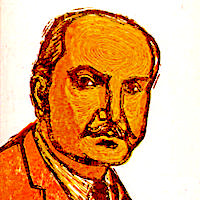
“Hebraic religion and German philosophy have... sanctioned, in the hard-working and reforming part of the middle classes, an unqualified respect for prosperity and success; life is judged with all the blindness of life itself. There is no moral freedom.”
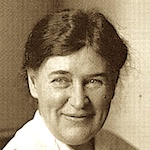
“The condition every art requires is, not so much freedom from restriction, as freedom from adulteration and from the intrusion of foreign matter, considerations and purposes which have nothing to do with spontaneous invention.”

“I have offended many people, for as soon as I saw that they did not understand me, that was the end of the matter, I had to move on. I had no patience with people—aside from my patients. I had to obey an inner law which was imposed on me and left me no freedom of choice.”

“If we surrender to earth's intelligence, we can rise up rooted, like trees.”

“My path is not your path therefore I cannot teach you. The way is within us, but not in Gods, nor in teachings, nor in laws. Within us is the way, the truth, and the life.”

“Those who are too lazy and comfortable to think for themselves and be their own judges obey the laws. Others sense their own laws within them.”

“Siddhartha determined to no longer be instructed by any doctrine whatsoever and said, ‘I shall learn from myself, be a pupil of myself; I shall get to know myself, the mystery of Siddhartha.’ He then looked around as if he were seeing the world for the first time.”

“The ideal man of the Karamazovs loves nothing and everything, does nothing and everything. He is primeval matter, monstrous soul-stuff. He cannot live in this form; he can only pass on... He reaches forth beyond prohibitions, beyond natural instinct, beyond morality.”
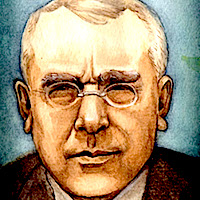
“There is no tyranny more ferocious than the tyranny of morality. Everything is sacrificed to it.”
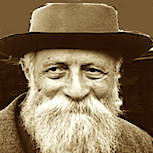
“I do not accept any absolute formulas for living. No preconceived code can see ahead to everything that can happen.”

“Everybody is a genius. But if you judge a fish by its ability to climb a tree, it will live its whole life believing that it is stupid.”
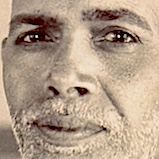
“Does a man who is acting on the stage in a female part forget that he is a man? Similarly, we too must play our parts on the stage of life, but we must not identify ourselves with those parts.”
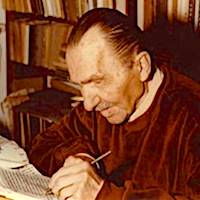
“this world possesses a good which is dearer than life, sweeter than happiness—liberty... to gain freedom from the inner Turk—from ignorance, malice, and envy, from fear and laziness, from dazzling false ideas; and finally from idols, all of them, even the most revered and beloved.”
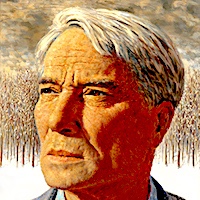
“People imagined that it was out of date of follow their own moral sense, that they must all sing in chorus, and live by other people's notions, notions that were crammed down everybody's throat.”
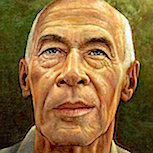
“No man is great enough or wise enough for any of us to surrender our destiny to. The only way in which anyone can lead us is to restore to us the belief in our own guidance.”

“It may be that religion is dead, and if it is, we had better know it and set ourselves to try to discover other sources of moral strength before it is too late.”
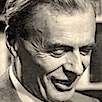
“It is only by making psychological and moral experiments that we an discover the intimate nature of mind and its potentialities.”
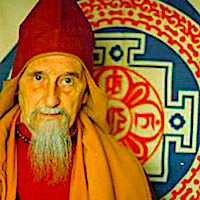
“the world is neither good or bad, it is our attitude toward it that makes it either good or bad. By applying our moral principles to nature, we blind ourselves to things as they are. Instead, we should apply ethical standards only where they belong, namely to ourselves.”

“Uniformity and freedom are incompatible. Uniformity and mental health are incompatible.”
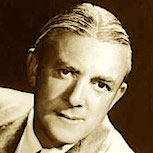
“The jewel has facets and it is possible that many religions are moderately true.”

“I know but one freedom and that is the freedom of the mind.”
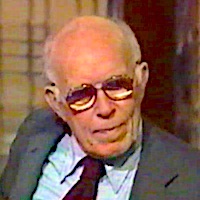
“Without diversity, freedom is but an empty word... Human beings are not really free and cannot be fully creative if they do not have many options from which to choose.”

“You can’t be so stuck up, so inhuman, that you want to be pure, your soul wrapped in a plastic bag.”
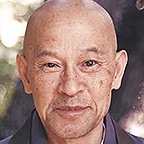
“The secret of Soto Zen is just three words: not always so… If you understand thing in this way, without being caught by words or rules, without too much of a preconceived idea, then you can actually do something.”
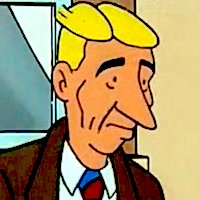
“Rickln told me something that struck me every much, ‘One must kill the demon of purity in you!’ What a shock this was for me! the demon of purity: that meant the turning upside down of all my values.”
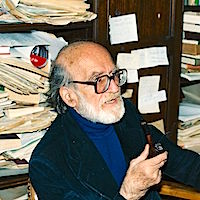
“The sacred is the prime obstacle to his freedom. He will become himself only when he is totally demysticized. He will not be truly free until he has killed the last god.”
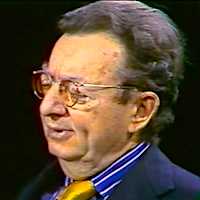
“Societies are kept stable and healthy by reform, not by thought police; this means there must be free play for so-called subversive ideas.”

“Those who truly think for themselves are like monarchs, they recognize no one above them and no more accept authorities than a monarch does orders. They don’t acknowledge the validity of anything they have not themselves confirmed.”
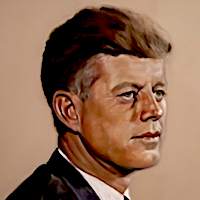
“A man does what he must — in spite of personal consequences, in spite of obstacles and dangers, and pressures — and that is the basis of all human morality.”
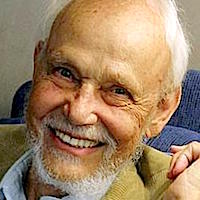
“We are free when we are not the slave of our impulses, but rather their master [when] we become the authors of our own dramas rather than characters in them.”
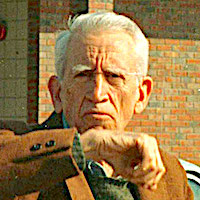
“I'll champion indiscrimination till doomsday, on the ground that it leads to health and a kind of very real, enviable happiness. Followed purely, it's the way of the Tao, and undoubtedly the highest way.”
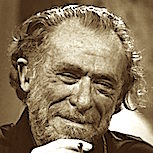
“The free soul is rare, but you know it when you see it - basically because you feel good, very good, when you are near or with them.”

“What we call ‘normal’ is a product of repression, denial, splitting, projection, introjection and other forms of destructive action on experience… The ‘normally’ alienated person, by reason of the fact that he acts more or less like everyone else, is taken to be sane.”

“If you want to get the plain truth, be not concerned with right and wrong.”
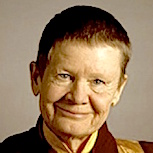
“The truth you believe in and cling to makes you unavailable to hear anything new.”
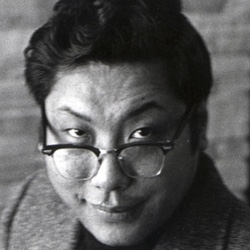
“Because they do not bring about notions as to what to reject and what to accept, they are also free from hope and fear, and they are not subject to cultivating and exerting.”
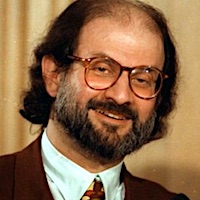
“Religion—a medieval form of unreason—when combined with modern weaponry becomes a real threat to our freedoms… ‘Respect for religion’ has become a code phrase meaning ‘fear of religion.’ Religions, like all other ideas, deserve criticism, satire, and, yes, our fearless disrespect.”

“Religion—a medieval form of unreason—when combined with modern weaponry becomes a real threat to our freedoms… ‘Respect for religion’ has become a code phrase meaning ‘fear of religion.’ Religions, like all other ideas, deserve criticism, satire, and, yes, our fearless disrespect.”
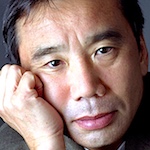
“I was past the point of determining what was just and unjust. In a world outside space and time, all dualities—before and after, up and down—ceased to exist. In such a world, I could no longer perceive myself as myself. I and myself were being torn apart.”
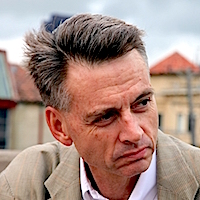
“Our entire notion of good and bad, our whole landscape of feelings—fear, lust, love, and the many other feelings, salient and subtle, that inform our everyday thoughts and perceptions—are products of the particular evolutionary history of our species.”
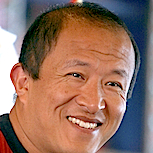
“like salad to a tiger… no longer falling prey to small praises and criticisms.”
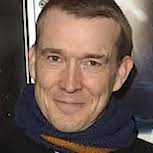
“Belief grows ever ‘truer.’ The actual past is brittle, ever-dimming… The present presses the virtual past into its own service, to lend credence to its mythologies.”
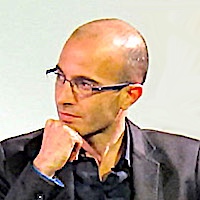
“If we understand that our desires are not the magical manifestations of free choice but are rather the product of biochemical processes (influenced by cultural factors that are also beyond our control), we might be less preoccupied with them.”
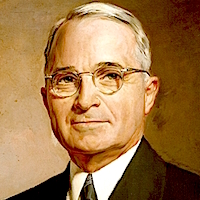
“I have found the best way to give advice to your children is to find out what they want and then advise them to do it.”
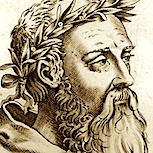
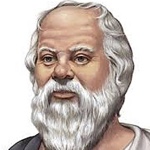
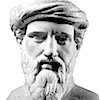

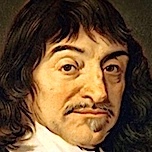
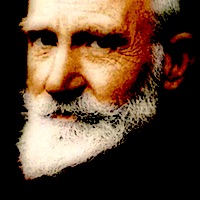
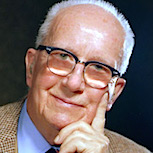

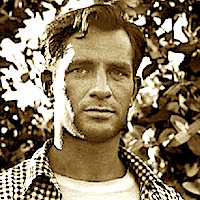
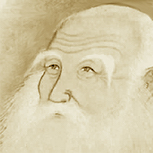
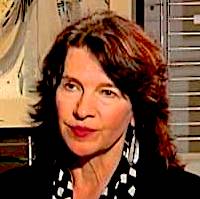
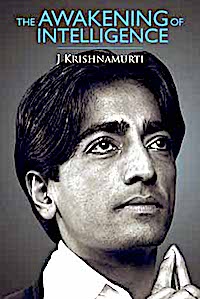
Comments (0)